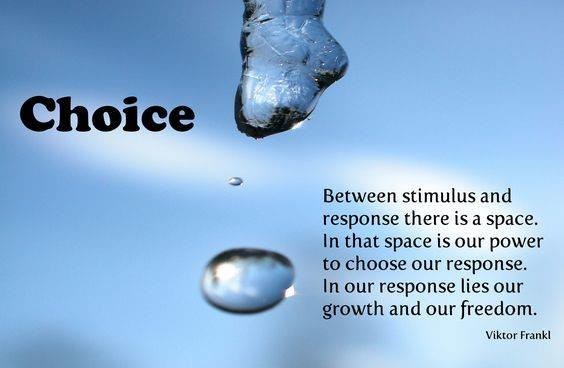
Insight into how effective leaders think
As a management consultant, I have had the privilege to have worked with a lot of managers and leaders in their business and each time it reinforces one thing; effective leaders think and act differently.
What leaders do well is think constructively.
They constantly find ways to encourage, train, support and reward their teams on performance, because their teams constantly perform.
When I first tell a manager this, they say this “how can I reward my staff for performing when they don’t?”
To which we must enquire, “Well… Who is responsible for their performance?
“Harsh, I know.
However, once you come to terms with that statement, it becomes a much easier journey to evolve your leadership skills, something leaders do constantly!
Having said all that, how can we do it?
How to think differently
Firstly, to act differently you must think differently.
According to Human Synergistics International, one of the worlds most renowned leadership development organisations, they describe the human response system in a simple equation; S (Stimulus) + T (Thinking) = R (Response).
Stimulus is something external that we can’t control, like a staff member calling in sick.
Thinking is our thought process about that action and this results in the Response we give.

So, if you can’t easily control the stimulus, and our response is generated by thinking then it makes sense to change how we think as a leader before we try to change our teams.
The importance of delegation
Effective leaders do think differently which in turn makes them behave differently.
They are effective delegators because they understand that simply telling someone to do something is not delegation.
Delegation includes setting clear goals with milestones, check-ins where they can constructively follow up on progress and they don’t wait for their teams to fail at the deadline.
If you don’t delegate, you won’t have time to develop and lead your team.
You will never hear them question “why don’t my staff just do what I pay them to do” because they fully understand that the success of their organisation is reliant on their team whilst failure is owned fairly and squarely with them.
They are the first to take responsibility when things go wrong and the first to hand out praise when it goes right.
Recommended further reading: 7 common traits of successful leaders
Search a list of all the upcoming industry training courses and conferences on the Industry Events Calendar >>>


Be the first to comment